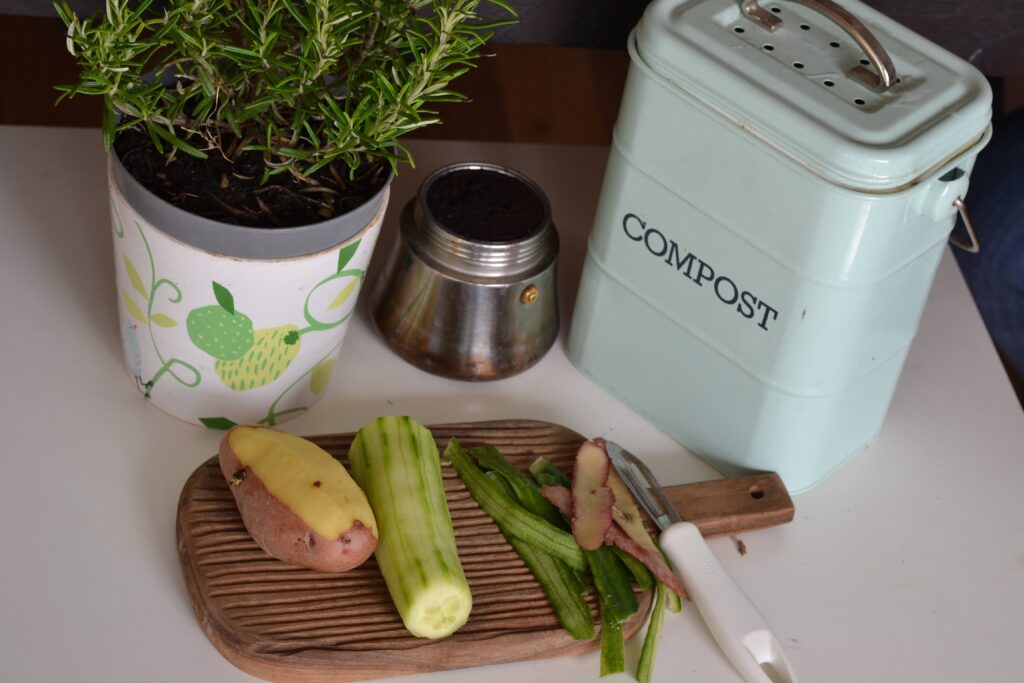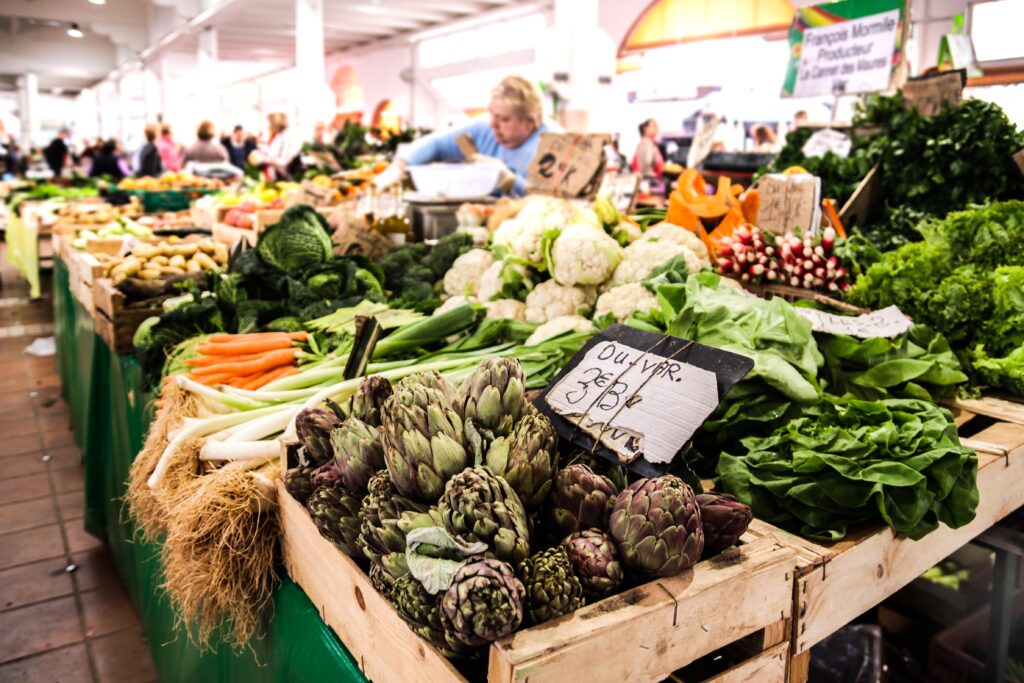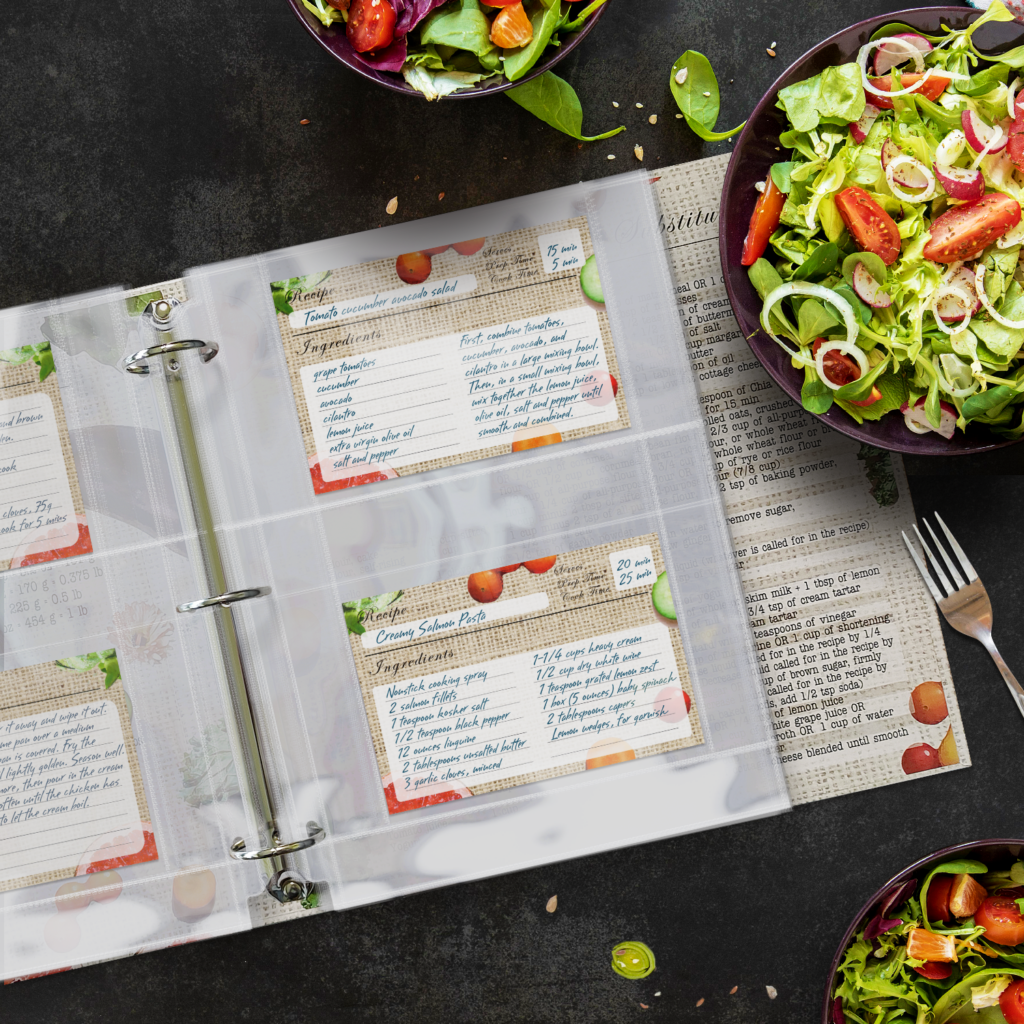Food waste is a global issue that has significant economic, environmental, and humanitarian consequences. According to the Food and Agriculture Organization (FAO) of the United Nations, approximately one-third of all food produced for human consumption, valued at nearly $1 trillion, is lost or wasted each year. This staggering figure highlights the urgent need for individuals, communities, and nations to take action to reduce food waste. In this article, we will explore the causes and consequences of food waste and provide practical tips on how you can contribute to reducing it in your daily life.

The causes of food waste
Overbuying and poor planning: One of the leading causes of food waste is overbuying groceries and poor meal planning. When we purchase more food than we can consume before it spoils, it often ends up in the trash.
Expiration dates misunderstood: Many people misinterpret “best before” and “use by” dates as strict deadlines, leading to premature disposal of perfectly edible food.
Lack of awareness: Some individuals are simply unaware of the environmental and social impact of food waste. Raising awareness is crucial to address this issue.
Inadequate storage: Improper food storage can cause items to spoil prematurely. For instance, perishables like fruits and vegetables should be stored at the right temperature and humidity to prolong their freshness.
The consequences of food waste
Environmental impact: When food is wasted, the resources used to produce it, such as water, energy, and land, are also wasted. Food waste is a significant contributor to greenhouse gas emissions, as decomposing food in landfills produces methane, a potent greenhouse gas.
Economic costs: Food waste not only impacts households but also the global economy. Wasted food represents a loss of money for consumers, producers, and retailers.
Hunger and food insecurity: While food is wasted in some parts of the world, millions go hungry in others. Redirecting food that would be wasted to those in need can alleviate food insecurity.
Resource depletion: Food production depletes natural resources like soil and water. Reducing food waste can help conserve these vital resources.

How to reduce food waste
Plan your meals: Before you go shopping, plan your meals for the week and make a shopping list. Stick to it to avoid buying items you won’t use.
Understand date labels: Familiarize yourself with date labels. “Best before” dates indicate the quality of the product, not its safety. “Use by” dates are more critical for safety, but many foods are still good after this date if stored correctly.
Proper storage: Store food properly to extend its shelf life. Use airtight containers for leftovers, keep fruits and vegetables in the crisper drawer, and freeze items you won’t use immediately.
Practice First-In, First-Out (FIFO): When storing food, place newer items behind older ones. This ensures that you use older products before they expire.
Reduce portion sizes: Serve smaller portions to prevent leftovers. You can always go back for seconds if you’re still hungry.
Compost: If you can’t avoid food scraps, consider composting them. Composting reduces waste and creates nutrient-rich soil.
Support Food Recovery Programs: Many organizations rescue surplus food from restaurants, grocery stores, and events to distribute to those in need. Support these initiatives or consider donating excess food.
Educate yourself and others: Share information about food waste and its consequences with your friends and family. The more people are aware, the greater the impact we can make collectively.
Food waste is a global problem that affects the environment, the economy, and the well-being of communities. However, every individual can play a part in reducing food waste by making mindful choices in their daily lives. By planning meals, understanding date labels, practicing proper storage, and supporting food recovery efforts, we can collectively make a significant difference in the fight against food waste. Remember, the choices you make in your kitchen can have a positive ripple effect on the world.
To kickstart your meal planning journey, we offer an extensive range of recipe binders, along with dedicated recipe sheets for jotting down your culinary creations. To ensure the longevity of your cherished recipes, we also provide an array of plastic protector sleeves, catering to everyone’s preferences.

